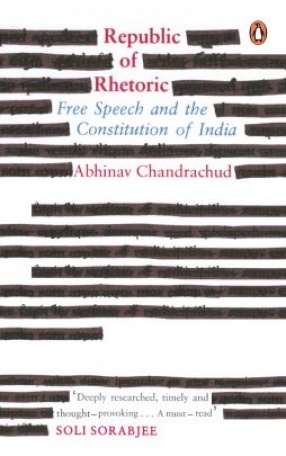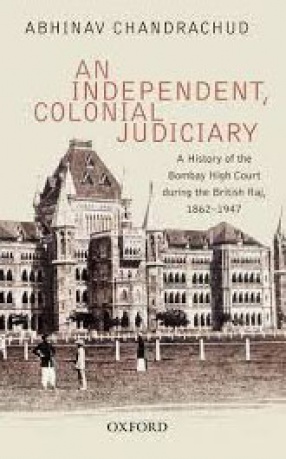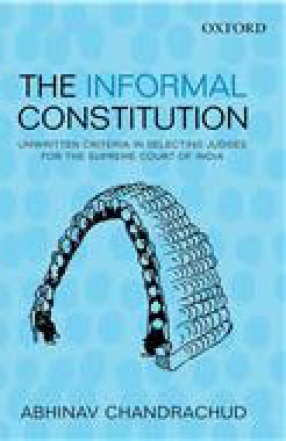
Showing all 3 books

Exploring socio-political as well as legal history of India, from the British period to the present, this book brings to light the idea of 'free speech' or what is popularly known as the freedom expression in the country. Analysing the present law relating to obscenity and free speech, this book will evaluate whether the enactment of the Constitution made a significant difference to the right to free speech in India. Deeply researched, authoritative and ...

In 2012, the Bombay High Court celebrated the 150th year of its existence. As one of three high courts first set up in colonial India in 1862, it functioned as a court of original and appellate jurisdiction during the British Raj for over 80 years, occupying the topmost rung of the judicial hierarchy in the all-important Bombay Presidency. Yet, remarkably little is known of how the court functioned during the colonial era. The historiography of the court is quite ...

'Enacted for historical reasons on 26 January 1950, the Constitution of India provided that the Supreme Court of India, situated in New Delhi, was to have one Chief Justice of India, and not more than seven judges. Today, the Court has 30 judges in addition to the Chief Justice of India. But who are these judges, and where did they come from?'
Using a comparative constitutional law lens, The Informal Constitution studies who the 189 judges that served on the ...
